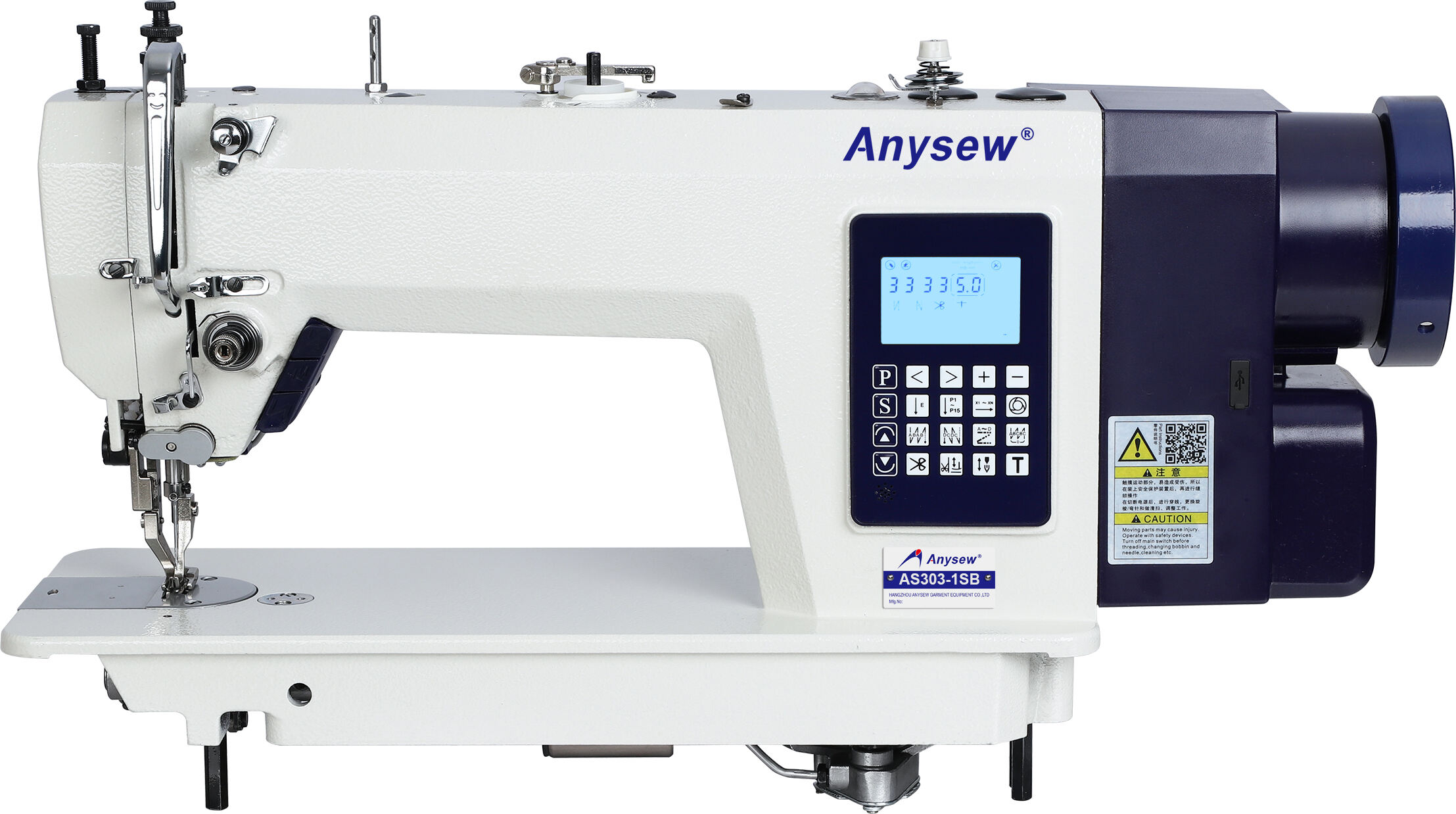What Are the Benefits of Using Finishing Machines in Production?
Finishing Machines are essential in modern garment manufacturing, providing the final touch that ensures high-quality clothing products. In the apparel industry, Finishing Machines work alongside sewing machines, embroidery machines, and cutting machines to deliver precise, polished, and market-ready garments. Using Finishing Machines not only enhances the visual appeal of garments but also improves durability, production efficiency, and overall workflow.
Garment manufacturers increasingly rely on Finishing Machines to maintain competitive standards. These machines perform tasks such as pressing, steaming, trimming, and fabric treatment, which are critical in preparing clothing for retail or export. Investing in reliable Finishing Machines allows factories to meet customer expectations while optimizing production processes.
Understanding Finishing Machines in Garment Production
Types of Finishing Machines
Finishing Machines encompass a variety of equipment tailored for different purposes. Industrial pressing machines, steaming machines, trimming machines, and automated ironing units all fall under this category. Each type addresses specific finishing needs, ensuring garments meet high-quality standards.
Key Features of Finishing Machines
Modern Finishing Machines feature precise temperature control, adjustable pressure settings, automated cycles, and safety mechanisms. These features ensure consistent results while minimizing operator error. High-quality Finishing Machines also support energy-efficient operation, reducing production costs.
Integration with Other Industrial Machines
Finishing Machines work in tandem with sewing machines, embroidery machines, and cutting machines. After garments are stitched and embroidered, Finishing Machines provide the final steps to perfect appearance, shape, and feel, creating a seamless production workflow.
Advantages of Using Finishing Machines
Improved Garment Appearance
Finishing Machines enhance fabric texture, eliminate wrinkles, and refine garment shapes. High-quality machines ensure consistent finishing, giving garments a professional look that meets industry standards and customer expectations.
Increased Production Efficiency
By automating finishing processes, Finishing Machines reduce manual labor and speed up production cycles. Factories can handle larger volumes with consistent quality, maximizing output and minimizing delays.
Reduced Product Defects
Finishing Machines help prevent common garment defects such as uneven seams, fabric puckering, or poor pressing. Consistent machine settings ensure each piece is treated uniformly, reducing rework and waste.
Cost Savings and Resource Efficiency
Modern Finishing Machines are designed to use energy efficiently and minimize fabric or steam waste. Investing in high-quality Finishing Machines reduces operational costs while maintaining high production standards.
Selecting the Right Finishing Machines for Garment Manufacturing
Assessing Production Needs
Before purchasing Finishing Machines, garment manufacturers should evaluate production scale, fabric types, and desired garment quality. Matching the right machine type and capacity ensures maximum efficiency and return on investment.
Checking Features and Performance
High-performance Finishing Machines should offer adjustable settings, automated operation, and robust build quality. Features such as variable temperature, programmable cycles, and safety functions are essential for consistent results.
Considering Integration with Existing Equipment
Finishing Machines should integrate seamlessly with existing sewing machines, embroidery machines, and cutting machines. Proper integration ensures smooth workflow, reduces downtime, and improves overall production efficiency.
Maintenance and Best Practices for Finishing Machines
Regular Cleaning and Inspection
To maintain optimal performance, Finishing Machines require regular cleaning of steam nozzles, pressing plates, and trimming blades. Inspections prevent mechanical issues, ensuring consistent quality output.
Proper Operational Techniques
Operators should follow manufacturer guidelines, including recommended temperatures, pressure levels, and processing speeds. Proper use prolongs machine life and prevents fabric damage.
Upgrading and Technological Innovations
As garment manufacturing evolves, introducing advanced Finishing Machines with automation, smart controls, or energy-saving features can improve production efficiency and enhance final garment quality.
Enhancing Business Competitiveness with Finishing Machines
Meeting Customer Expectations
Using Finishing Machines enables garment manufacturers to deliver consistently polished and market-ready products. Superior finishing helps build brand reputation and attract repeat clients.
Supporting Large-Scale Production
High-capacity Finishing Machines support bulk production without compromising quality. This capability is crucial for factories handling large orders or working with fast-fashion and export markets.
Promoting Sustainable Production
Modern Finishing Machines prioritize energy efficiency and resource conservation. Reducing electricity, steam, and fabric waste aligns with sustainable manufacturing goals, benefiting both the business and the environment.
FAQ
What types of Finishing Machines are essential for garment production
Industrial pressing machines, steaming units, and trimming machines are core Finishing Machines used to perfect garments after sewing and embroidery processes.
How can manufacturers ensure long-term use of Finishing Machines
Regular maintenance, cleaning, and following manufacturer operational guidelines ensure machines perform consistently over time.
Do Finishing Machines improve overall production efficiency
Yes, automating finishing tasks reduces manual labor, speeds up production cycles, and ensures consistent garment quality.
What factors should be considered when selecting Finishing Machines
Evaluate production volume, fabric types, machine features, energy efficiency, and compatibility with existing sewing, embroidery, and cutting equipment.
Table of Contents
- What Are the Benefits of Using Finishing Machines in Production?
- Understanding Finishing Machines in Garment Production
- Advantages of Using Finishing Machines
- Selecting the Right Finishing Machines for Garment Manufacturing
- Maintenance and Best Practices for Finishing Machines
- Enhancing Business Competitiveness with Finishing Machines
- FAQ
-
What types of Finishing Machines are essential for garment production
- Industrial pressing machines, steaming units, and trimming machines are core Finishing Machines used to perfect garments after sewing and embroidery processes.
- How can manufacturers ensure long-term use of Finishing Machines
- Do Finishing Machines improve overall production efficiency
- What factors should be considered when selecting Finishing Machines

